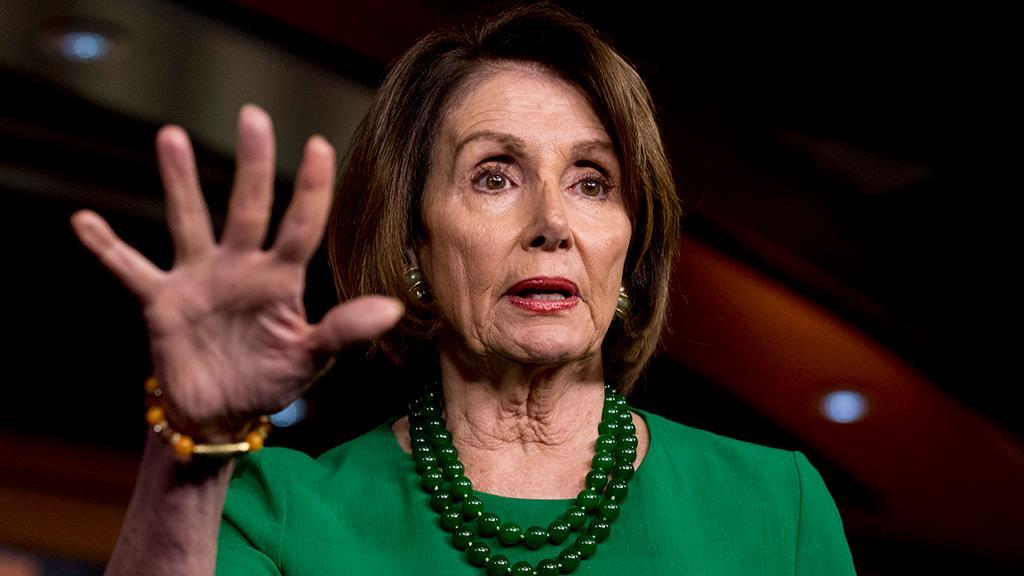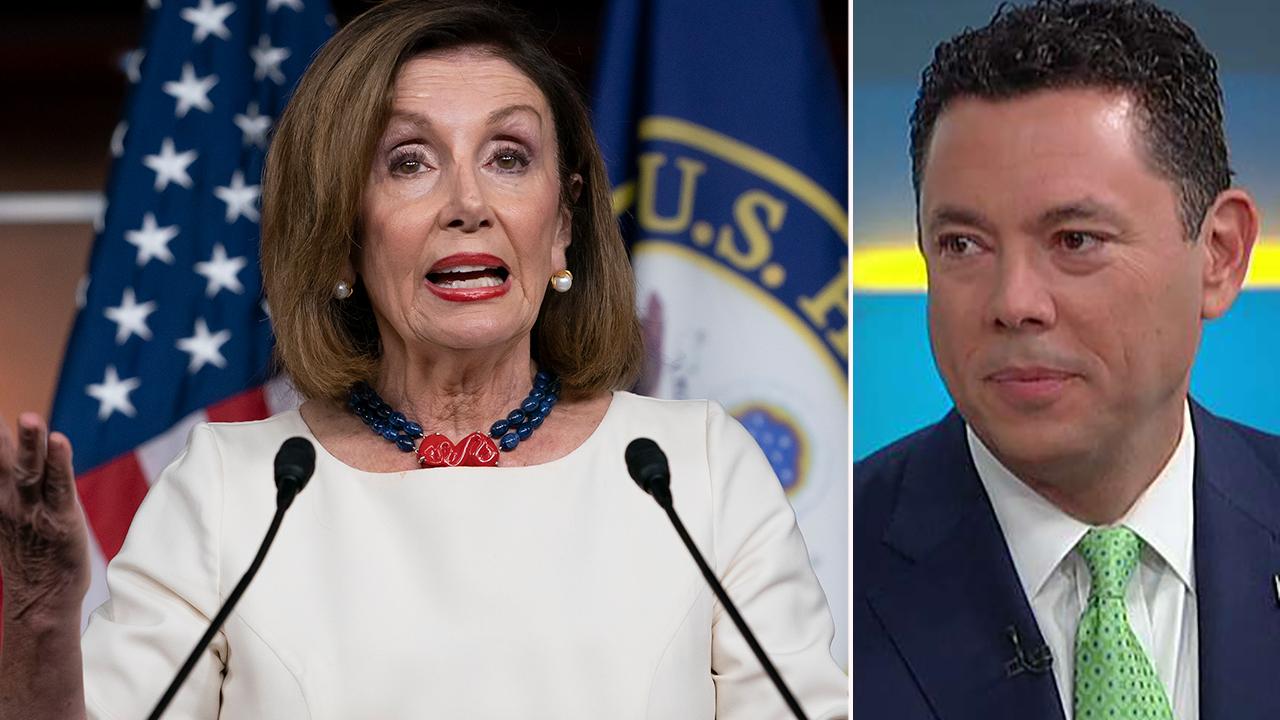U.K. Politics
https://www.wsj.com/articles/u-k-parliament-poised-to-force-delay-on-critical-brexit-vote-11571484241
https://www.wsj.com/articles/u-k-parliament-poised-to-force-delay-on-critical-brexit-vote-11571484241
U.K. Parliament Defers Critical Vote,
Result deals a setback to Prime Minister Boris Johnson, who has pledged to exit the EU on Oct. 31
LONDON—British lawmakers voted Saturday to postpone a decisive Brexit vote, likely forcing Prime Minister Boris Johnson to request a further delay of the U.K.’s departure from the European Union and further extending the uncertainty over a referendum decision to leave the bloc made more than three years ago.
The postponement, made at the first Saturday session of Parliament since the 1982 Falklands War, punts the crucial vote forward, likely to early next week.
Lawmakers passed an amendment giving them more time to review a deal Mr. Johnson concluded this week with European leaders. The agreement sets out citizens’ rights, a financial settlement to the EU and a special arrangement for Northern Ireland that would require customs checks on goods arriving there from elsewhere in the U.K. Once the amendment passed, 322 to 306, the government pulled the vote it had scheduled on Mr. Johnson’s deal.
The move was backed by opposition lawmakers, along with some who have recently left or have been expelled from the ruling Conservative Party. Critically, it was supported by the party’s allies in Northern Ireland’s Democratic Unionist Party, who oppose Mr. Johnson’s deal because they say it creates new barriers between Northern Ireland and the British mainland.
By law, failure to ratify a Brexit deal by the end of Saturday requires the government to seek a three-month extension of the current Oct. 31 deadline for Brexit, potentially pushing back a departure from the bloc that has already been postponed twice.
Despite this, Mr. Johnson kept lawmakers guessing, saying he wouldn’t negotiate an extension with the EU, drawing gasps in the House of Commons. However, the law doesn’t require a negotiation, only a request and his spokesman said the “government respects the law” but refused to elaborate.
The legislature is set to resume debate on the agreement next week, when the government will give lawmakers a further chance to vote on a deal possibly as early as Monday.
It is far from over for Mr. Johnson’s deal. The 28 pro-Brexit lawmakers who voted against former Prime Minister Theresa May’s withdrawal package on three occasions all rejected the amendment and spoke in support of Mr. Johnson’s deal during the debate.
So, too, did 10 of the 22 ex-Conservatives who quit or were expelled from the party for defying Mr. Johnson. Seven of the others who supported the amendment—including Oliver Letwin, who proposed it—signaled they would vote for Mr. Johnson’s deal.
“It seems they do have quite a good chance,” said Maddy Thimont Jack, senior researcher at the Institute for Government.
If lawmakers approve the deal then next week, it wouldn’t necessarily mean it is in the bag. It would have to undergo further scrutiny from lawmakers with the possibility that important amendments could still be passed, including one that would require the deal to be put to a second referendum.
If Parliament doesn’t ratify the agreement, the Brexit process would again be plunged into uncertainty, with an election or referendum likely needed to resolve the stalemate.
EU diplomats have scheduled a meeting on Sunday to discuss any U.K. request for a delay. Officials say leaders are unlikely to deny an extension if asked, but the timing of any decision is uncertain and governments may wish to aid Mr. Johnson by not responding until after next week’s vote.
If they grant one, EU governments could offer a shorter or longer extension than three months, which the government would be compelled to accept under the law. In any case, the extension could be shortened if the U.K. Parliament has approved the deal.
A spokesman for Donald Tusk, the European Council president who would be in charge of leading EU leaders’ discussions on an extension, declined to comment. A spokeswoman for the European Commission said the EU’s executive arm would await notification of the U.K. government’s next steps.
The amendment presented by Mr. Letwin states that the divorce deal only goes into effect once a swath of related Brexit legislation is passed through the lower house.
Before the amendment was passed in an emergency session Saturday, lawmakers argued they wouldn’t have time to examine the small print of the agreement, which runs to more than 500 pages. Some complained there had been no assessment of its economic consequences.
Mr. Johnson, whose ability to control Parliament is significantly restricted by the fact his government is in a minority, had urged lawmakers to back the revised withdrawal deal he negotiated with the EU. Because of the amendment, the government didn’t put the deal to a vote.
“Now is the time for this great House of Commons to come together and bring the country together today,” Mr. Johnson said. He said the deal provides “a real Brexit” that would be “the greatest single restoration of national sovereignty in parliamentary history.”
Jeremy Corbyn, leader of the main opposition Labour Party, said Mr. Johnson’s administration was seeking to “avoid scrutiny” of the new withdrawal deal, which he said was worse than the package negotiated by Mr. Johnson’s predecessor, Theresa May. He repeated Labour’s call for a second referendum to put any Brexit deal to voters alongside the choice of staying in the EU
The prospect of Parliament enforcing another delay reprises a familiar theme in Britain’s long-running Brexit saga. Government efforts to railroad Parliament into supporting its Brexit plans have repeatedly been rebuffed by a legislature that cherishes its independence.
Mr. Johnson’s strategy has been to keep the Oct. 31 deadline alive to present lawmakers with the option of backing his deal or exiting without one, an outcome many fear would cause economic havoc.
“That’s the Holy Grail of Brexit: Present Parliament with a binary choice that is inescapable,” said Anand Menon, professor of politics at King’s College London. Saturday’s amendment is aimed at changing that calculus and giving Parliament more time to scrutinize the new deal, he added.
Lawmakers in opposition parties worried that passing a deal counterintuitively opened an avenue for a departure without a deal on Oct. 31 by mistake. The reasoning: If a deal is approved, a swath of legislation needs to be passed to turn that decision into law. If that legislation wasn’t completed by Oct. 31, Britain would leave the EU without a legally binding divorce deal.
As lawmakers debated in Parliament, thousands of people gathered nearby to show their support for or opposition to leaving the bloc.
Stuart Holmes, a retired 72-year-old Londoner, paced back and forth through the green near the House of Commons, holding a sign reading, “Leave then negotiate.” He said three years of back and forth since the referendum has been too much.
“If we don’t honor that, where does it end?” he said.
Across the lawn, Lindsay Kitson, 66, said she was attending her second Brexit protest in central London. “It’s to tell our grandchildren that we stood up for their future,” she said.
Caitlin Ostroff and Laurence Norman contributed to this article.
Write to Max Colchester at max.colchester@wsj.com and Jason Douglas at jason.douglas@wsj.com
Please recommend this page and be sure to follow The Coconut Whisperer https://disqus.com/home/forum/the-coconut-whisperer/




















